Home>Garden Essentials>When Do Black Walnuts Germinate
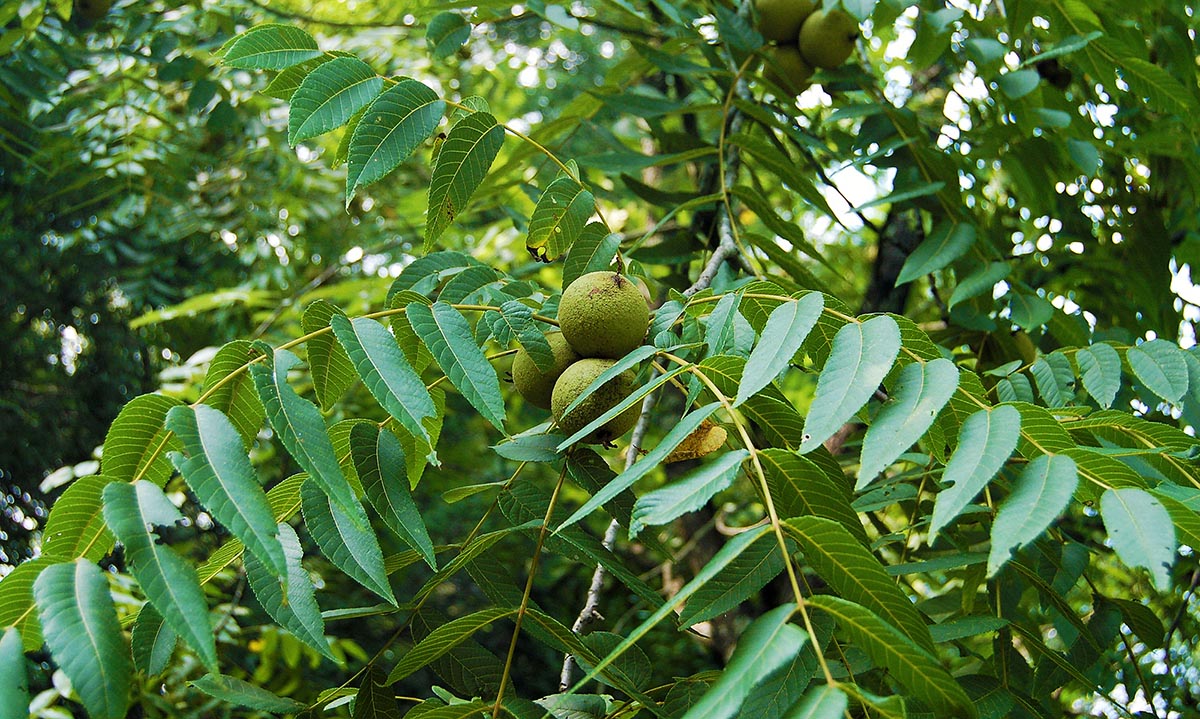

Garden Essentials
When Do Black Walnuts Germinate
Modified: March 15, 2024
Learn when black walnuts germinate in your garden and ensure a successful planting. Follow our expert advice to optimize your growing conditions.
(Many of the links in this article redirect to a specific reviewed product. Your purchase of these products through affiliate links helps to generate commission for Storables.com, at no extra cost. Learn more)
Introduction
Welcome to the fascinating world of black walnut germination! When it comes to growing black walnut trees, understanding the process of germination is crucial. Germination is the stage in which the dormant black walnut seed springs to life and starts its journey towards becoming a majestic tree.
In this article, we will delve into the factors that influence black walnut germination and explore the optimal conditions required for successful growth. From temperature and moisture to light and stratification, we’ll cover it all. So, whether you’re a seasoned gardener or a curious nature enthusiast, let’s dive into the marvelous world of black walnut germination!
Before we explore the factors that affect germination, let’s take a moment to appreciate the black walnut tree itself. Known for its beautiful and highly sought-after hardwood, the black walnut tree (Juglans nigra) is native to North America. It is not only prized for its timber but also for its valuable food source – the delicious and nutritious black walnut nuts.
Now, let’s turn our attention to the important factors that influence the germination process of these remarkable trees.
Key Takeaways:
- Black walnut seeds need consistent temperature, moisture, darkness, and stratification for successful germination. Patience and care are key to growing these majestic trees from seeds.
- Understanding and optimizing temperature, moisture, darkness, and stratification greatly increase the chances of successful black walnut germination. With proper care, you can witness the growth of these magnificent trees.
Read more: When Do Tulips Germinate
Factors Affecting Black Walnut Germination
Several key factors play a crucial role in determining the success of black walnut germination. By understanding and optimizing these factors, you can greatly increase the chances of successful germination and healthy tree growth. Let’s explore these factors in detail.
- Temperature: Black walnuts have specific temperature requirements for germination. The ideal temperature range for germination is between 65°F and 85°F (18°C and 29°C). Temperatures below or above this range may hinder or delay germination. Therefore, it is important to provide consistent and favorable temperatures for optimal germination.
- Moisture: Adequate moisture is essential for black walnut seeds to germinate. The seeds require a moist environment to break their dormancy and trigger the germination process. However, it is important to strike a balance and avoid excessive moisture, as it can lead to rotting. To maintain the optimal moisture level, ensure that the soil is consistently moist but not saturated.
- Light: Unlike some plant species, black walnut seeds do not require light for germination. In fact, they prefer to germinate in darkness. Therefore, it is advisable to cover the seeds lightly with soil or a thin layer of mulch to provide the necessary darkness for successful germination.
- Stratification: Black walnut seeds have a natural dormancy period that can be overcome through stratification. Stratification is the process of subjecting the seeds to a period of cold exposure to simulate natural winter conditions. This breaks the seed dormancy and prepares it for germination. To stratify black walnut seeds, place them in a plastic bag with some moistened vermiculite or peat moss and refrigerate them for approximately 60 to 90 days.
By understanding and manipulating these factors, you can increase the chances of successful black walnut germination. However, it’s important to note that germination success can vary depending on individual seeds and environmental conditions. Patience and diligent care are key factors in achieving successful germination.
Now that we’ve covered the factors that influence germination, let’s explore the typical germination time for black walnut seeds.
Temperature and Germination
Temperature plays a critical role in black walnut germination. The optimal temperature range for germination is between 65°F and 85°F (18°C and 29°C). Within this range, black walnut seeds are most likely to germinate successfully.
If the temperature falls below 65°F (18°C), the germination process may be significantly delayed or inhibited. Cooler temperatures can slow down the metabolic activity of the seed, leading to a slower germination rate. In extreme cases, very low temperatures can even cause the seed to enter a state of dormancy, further delaying germination.
On the other hand, temperatures above 85°F (29°C) can also have unfavorable effects on germination. High temperatures can cause the seed to dry out or become damaged, hindering its ability to germinate. Heat stress can also negatively impact the growth of the emerging seedling.
It is crucial to provide a consistent temperature for black walnut germination. Fluctuating temperature conditions can disrupt the germination process and lead to inconsistent results. Maintaining a stable temperature within the optimal range creates an ideal environment for the black walnut seed to break dormancy and initiate germination.
In areas with fluctuating climate conditions, starting the germination process indoors or in a controlled environment can be beneficial. This allows for better temperature regulation and increases the chances of successful germination.
Remember, temperature is just one of the factors that influence germination. It is important to consider other factors such as moisture, light, and stratification to create the ideal conditions for black walnut germination.
Now that we understand the role of temperature, let’s move on to discuss the moisture requirements for black walnut germination.
Moisture Requirements for Germination
Moisture is an essential element for successful germination of black walnut seeds. Adequate moisture helps break the seed’s dormancy and initiates the germination process.
When it comes to moisture for black walnut germination, it’s important to strike a balance. The goal is to provide enough moisture to keep the seeds hydrated but avoid excessive moisture that can lead to rotting or fungal diseases.
Before planting black walnut seeds, ensure that the soil is prepared to retain moisture. Ideally, the soil should be well-draining to prevent waterlogged conditions, which can be detrimental to the seeds. Incorporating organic matter, such as compost or peat moss, into the soil can improve its water-holding capacity.
After planting the seeds, it’s crucial to maintain consistent moisture levels in the soil. Regular irrigation can help achieve this. Water the soil evenly and avoid excessive watering. Overwatering can suffocate the seeds and promote the growth of pathogens.
Another method to regulate moisture is mulching. Applying a layer of organic mulch, such as wood chips or straw, around the seeds can help conserve moisture and regulate soil temperature. The mulch acts as a protective barrier and reduces water evaporation from the soil surface.
Regularly monitor the moisture level of the soil and adjust watering accordingly. Stick your finger into the soil to check for moisture content. If the soil feels dry about an inch (2.5 cm) below the surface, it’s time to water. If the soil feels excessively wet or soggy, reduce watering frequency.
Remember that while moisture is essential for germination, it’s important to avoid overwatering. Too much moisture can lead to root rot, fungal diseases, and poor germination rates. Finding the right balance of moisture will provide the optimal conditions for successful black walnut germination.
Now that we understand the moisture requirements, let’s explore the role of light in black walnut germination.
Light and Germination
Unlike some plant species, black walnut seeds do not require light for germination. In fact, they prefer to germinate in darkness. This means that complete darkness is not only acceptable but may even increase the chances of successful germination.
When planting black walnut seeds, it’s important to cover them with soil or a thin layer of mulch to block out any light. This ensures that the seeds are in a suitable environment for germination.
Why do black walnut seeds prefer darkness? One reason is that darkness creates a more consistent and stable environment, allowing the seed to focus its energy on germination. Additionally, complete darkness inhibits the growth of competing plants or weeds, ensuring that the black walnut seedlings have the best chance to thrive.
It’s worth noting that once the black walnut seedlings emerge from the soil and start growing, they will require adequate light for their ongoing development. At this stage, it is recommended to gradually expose the seedlings to increasing amounts of light. This process, known as hardening off, helps the seedlings acclimate to brighter conditions without experiencing shock or sunburn.
When transitioning black walnut seedlings to full sunlight, ensure that they receive at least 6-8 hours of direct sunlight per day. The availability of sunlight is crucial for photosynthesis, which is vital for the seedlings’ growth and overall health.
By understanding the light requirements of black walnut seeds and seedlings, you can provide the optimal conditions for successful germination and subsequent growth.
Next, let’s discuss the process of stratification and its role in black walnut germination.
Black walnuts typically germinate in the spring, when soil temperatures reach around 60-70°F. Planting them in the fall or early winter can help ensure successful germination in the following spring.
Read more: When Do Dandelions Germinate
Stratification and Germination
Stratification is a process that helps break the dormancy of black walnut seeds and promotes germination. It involves subjecting the seeds to a period of cold exposure to simulate the natural winter conditions they would experience in their native habitat.
Black walnut seeds naturally have a hard shell that can prevent water absorption and hinder germination. Stratification helps soften the seed coat, allowing water and oxygen to penetrate and initiate the germination process.
The process of stratification is relatively simple. First, gather the black walnut seeds and place them in a plastic bag with some moistened vermiculite or peat moss. Make sure the seeds are evenly surrounded by the moistened medium. Seal the bag and store it in a refrigerator for approximately 60 to 90 days.
During this cold period, the seeds slowly absorb moisture and undergo physical and chemical changes that break their dormancy. The cold temperature mimics the natural winter conditions that black walnut seeds would experience in their native environment.
After the stratification period, remove the seeds from the refrigerator and plant them in suitable containers or directly into the ground. Keep in mind the temperature, moisture, and light requirements discussed earlier to ensure optimal conditions for germination.
Stratification can significantly increase the germination rates of black walnut seeds. It helps synchronize the germination process and improves the overall success of growing black walnut trees from seeds.
It’s important to note that not all black walnut seeds require stratification. Some seeds may already have a naturally degraded seed coat and can germinate without the need for cold treatment. However, for higher germination success rates, it is generally recommended to stratify the seeds.
Now that we’ve explored the process of stratification, let’s discuss the typical germination time for black walnut seeds.
Germination Time for Black Walnuts
The germination time for black walnuts can vary depending on various factors, including seed quality, environmental conditions, and the presence of stratification. On average, black walnut seeds can take anywhere from 4 to 12 weeks to germinate.
If the seeds have undergone stratification, the germination process may be more synchronized and predictable. Seeds that have gone through the cold treatment tend to have higher germination rates and shorter germination times compared to non-stratified seeds.
Under optimal conditions, where temperature and moisture are well-regulated, black walnut seeds can begin to show signs of germination within 4 to 6 weeks. These signs often include the cracking or splitting of the seed coat and the emergence of a radicle – the first root of the seedling.
As the germination process progresses, the radicle will continue to grow and develop, followed by the emergence of the seedling’s cotyledons (first leaves). Within 8 to 12 weeks, the seedling should establish a strong root system and have visible growth above the soil surface.
It’s important to note that germination can be a gradual and ongoing process. Not all seeds will germinate at the same time, and some may take longer than others. Patience is key when waiting for the germination of black walnut seeds.
During the germination period, it’s crucial to continue providing the optimal conditions of temperature, moisture, and light that we discussed earlier. Consistent care and monitoring will ensure the successful development and growth of the black walnut seedlings.
Now that we have a good understanding of the germination time for black walnuts, let’s conclude our exploration of black walnut germination.
Conclusion
Black walnut germination is a fascinating process that requires careful attention to various factors. By understanding and optimizing these factors, such as temperature, moisture, light, and stratification, you can greatly increase the chances of successful germination and healthy tree growth.
Temperature plays a crucial role in black walnut germination, with an optimal range between 65°F and 85°F (18°C and 29°C). Consistent temperature within this range creates the ideal environment for seeds to break dormancy and begin the germination process.
Adequate moisture is essential for successful black walnut germination. While the seeds require moisture to break dormancy, it’s important to avoid excessive watering and maintain balanced soil moisture levels to prevent rotting or fungal diseases.
Black walnut seeds do not require light for germination and actually prefer darkness. Covering the seeds with soil or a thin layer of mulch provides the necessary darkness for successful germination. Once the seedlings emerge, they require adequate light exposure for ongoing development and photosynthesis.
To overcome seed dormancy, stratification is often recommended. This process involves subjecting the seeds to a period of cold exposure, simulating natural winter conditions. Stratification softens the seed coat and improves germination rates.
The germination time for black walnuts can range from 4 to 12 weeks. However, stratification can synchronize and expedite the germination process. Patience is important during germination, as not all seeds will germinate simultaneously.
By carefully considering and providing optimal conditions, you’ll have the best chances of successful black walnut germination and the opportunity to witness the growth of these majestic trees.
So, whether you’re looking to grow black walnuts for their prized timber or to enjoy their delicious nuts, understanding the germination process is essential. Nurture your black walnut seeds with care, and you’ll be rewarded with the beauty and benefits of these magnificent trees.
References
1. Missouri Department of Conservation. (n.d.). Black Walnut. Retrieved from https://nature.mdc.mo.gov/discover-nature/field-guide/black-walnut
2. University of Kentucky Cooperative Extension Service. (2016). Black Walnut Management. Retrieved from https://www2.ca.uky.edu/agcomm/pubs/for/for53/for53.htm
3. Briggs, D., & Walters, S. M. (2019). Plant Variation and Evolution. Cambridge University Press.
4. Landis, T. D., Tinus, R. W., McDonald, S. E., & Barnett, J. P. (1989). The container tree nursery manual: Volume 2, Nursery production and cultural practices. DIANE Publishing.
5. Ohio Department of Natural Resources, Division of Forestry. (n.d.). Growing Black Walnut for Timber and Nuts. Retrieved from https://forestry.ohiodnr.gov/growingblackwalnut
Please note that the above references are for informational purposes only. Always consult local experts, nurseries, or agricultural extensions for specific recommendations based on your location and conditions.
Frequently Asked Questions about When Do Black Walnuts Germinate
Was this page helpful?
At Storables.com, we guarantee accurate and reliable information. Our content, validated by Expert Board Contributors, is crafted following stringent Editorial Policies. We're committed to providing you with well-researched, expert-backed insights for all your informational needs.
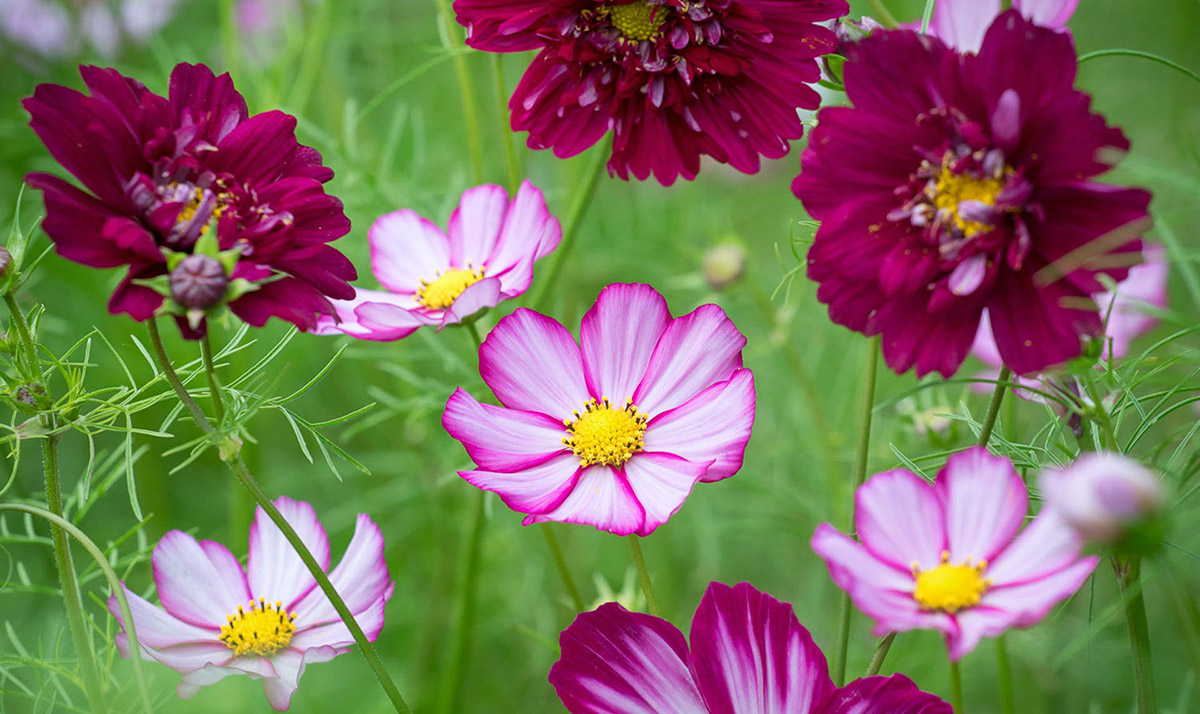
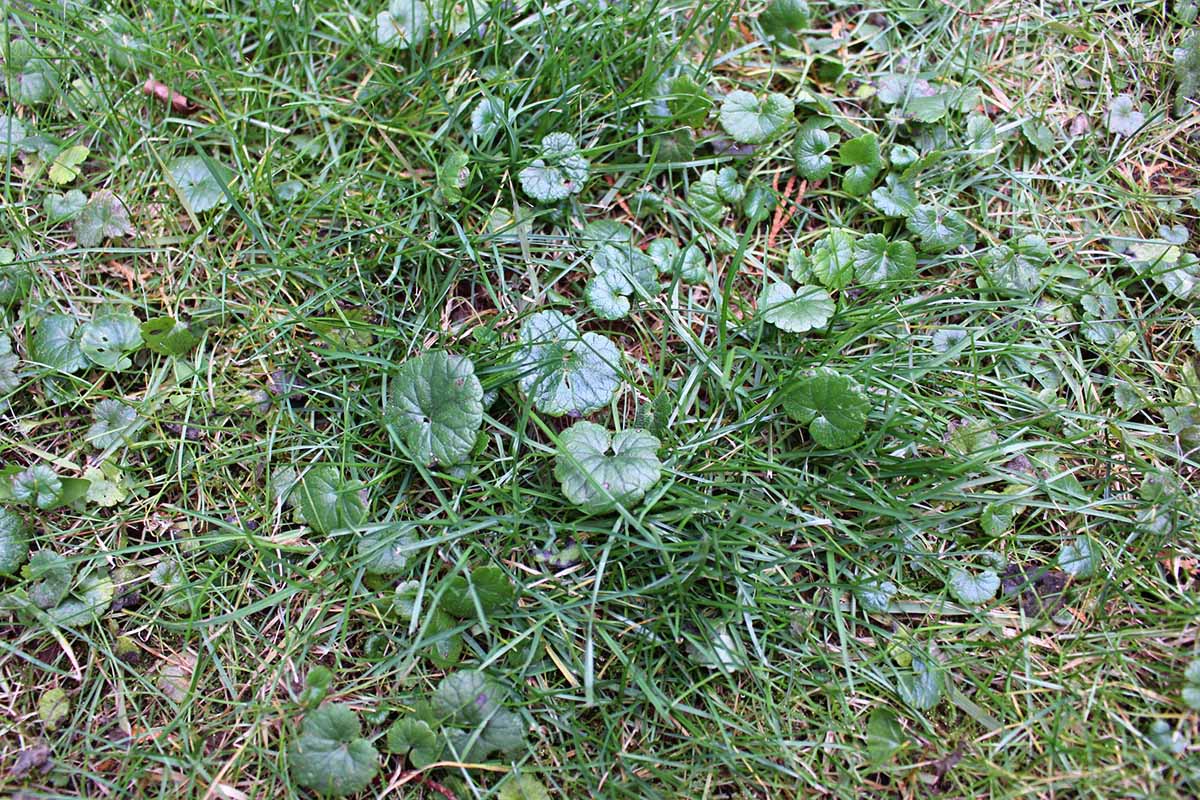
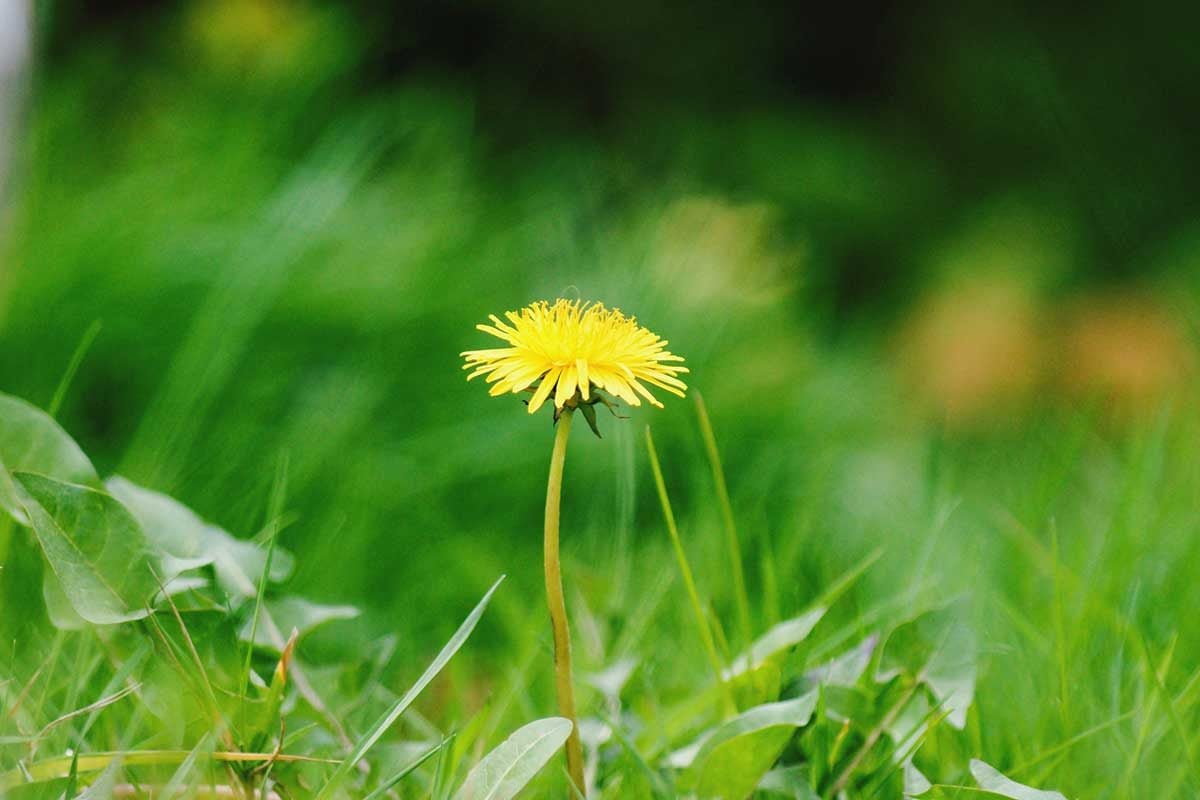
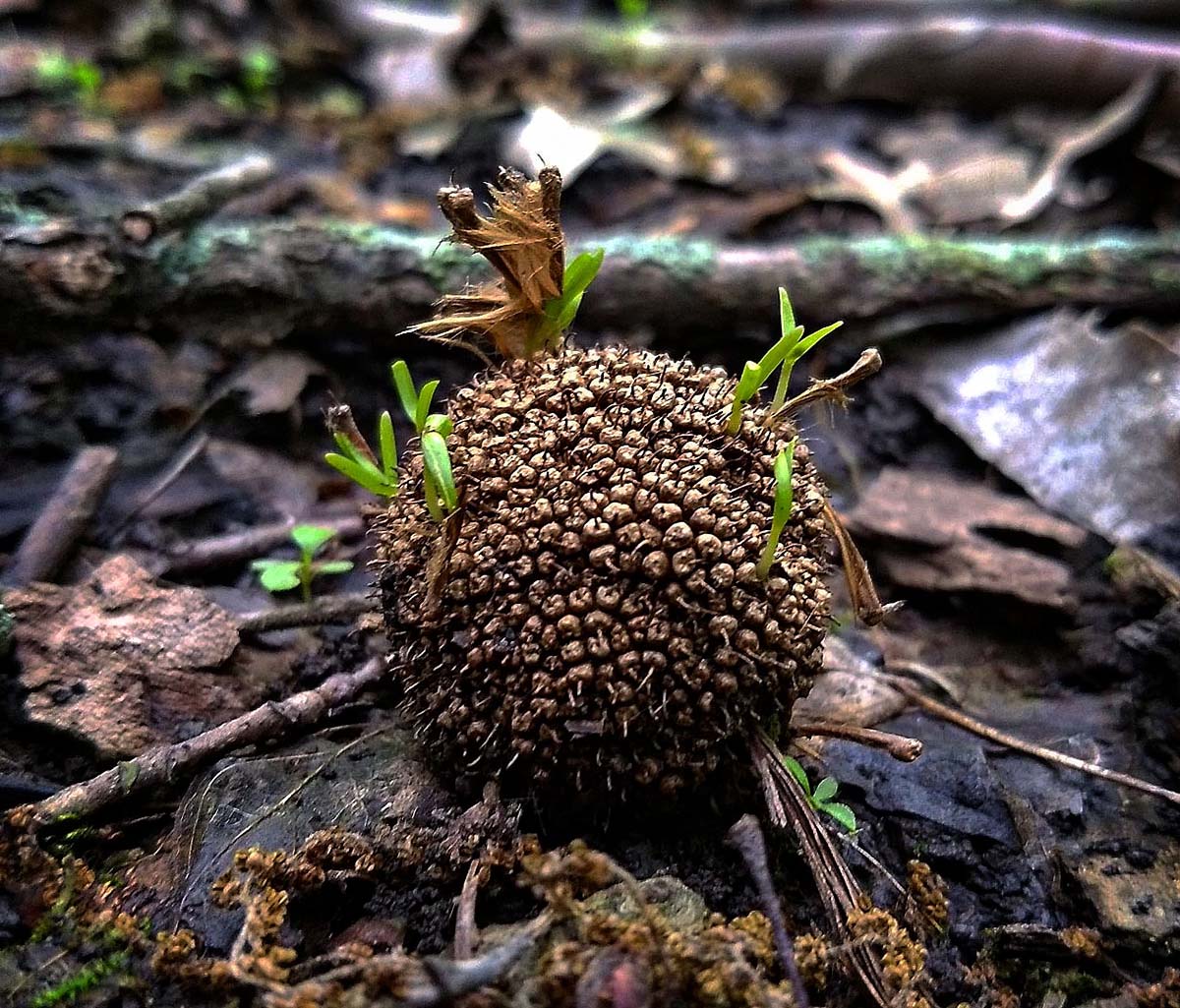
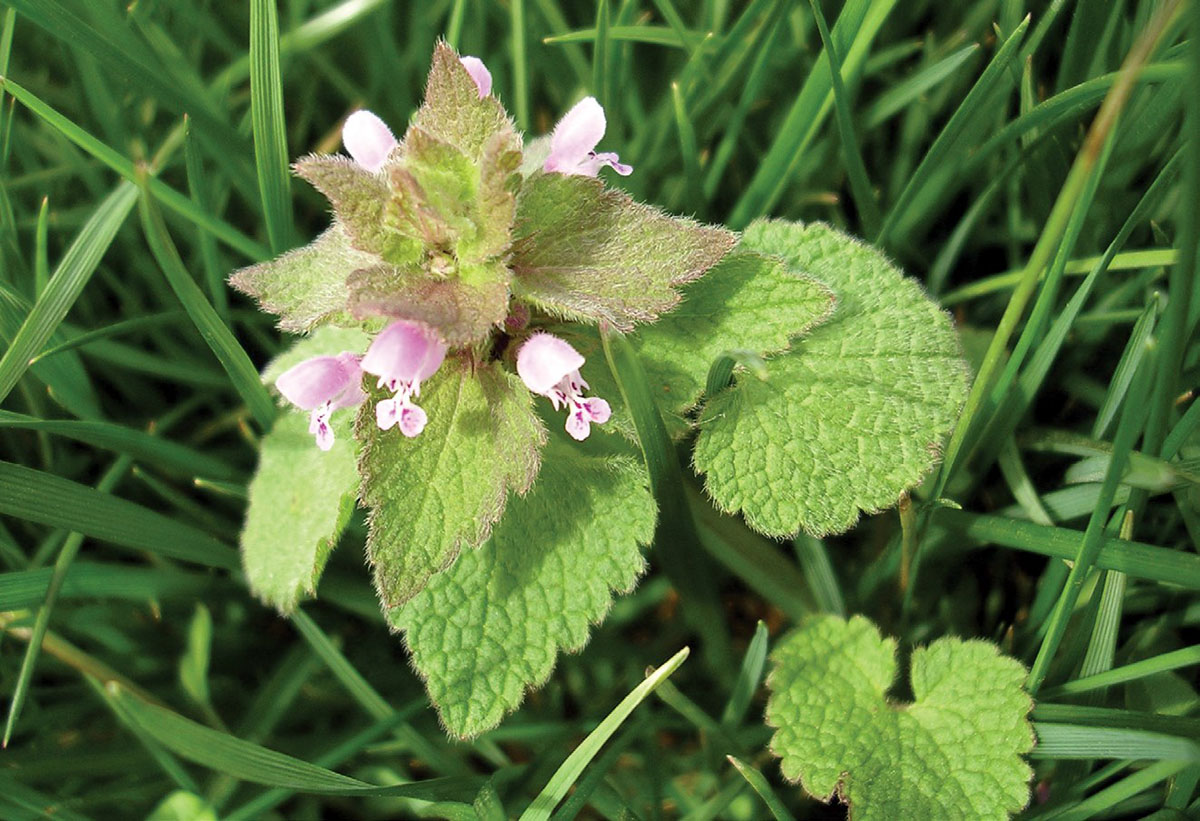

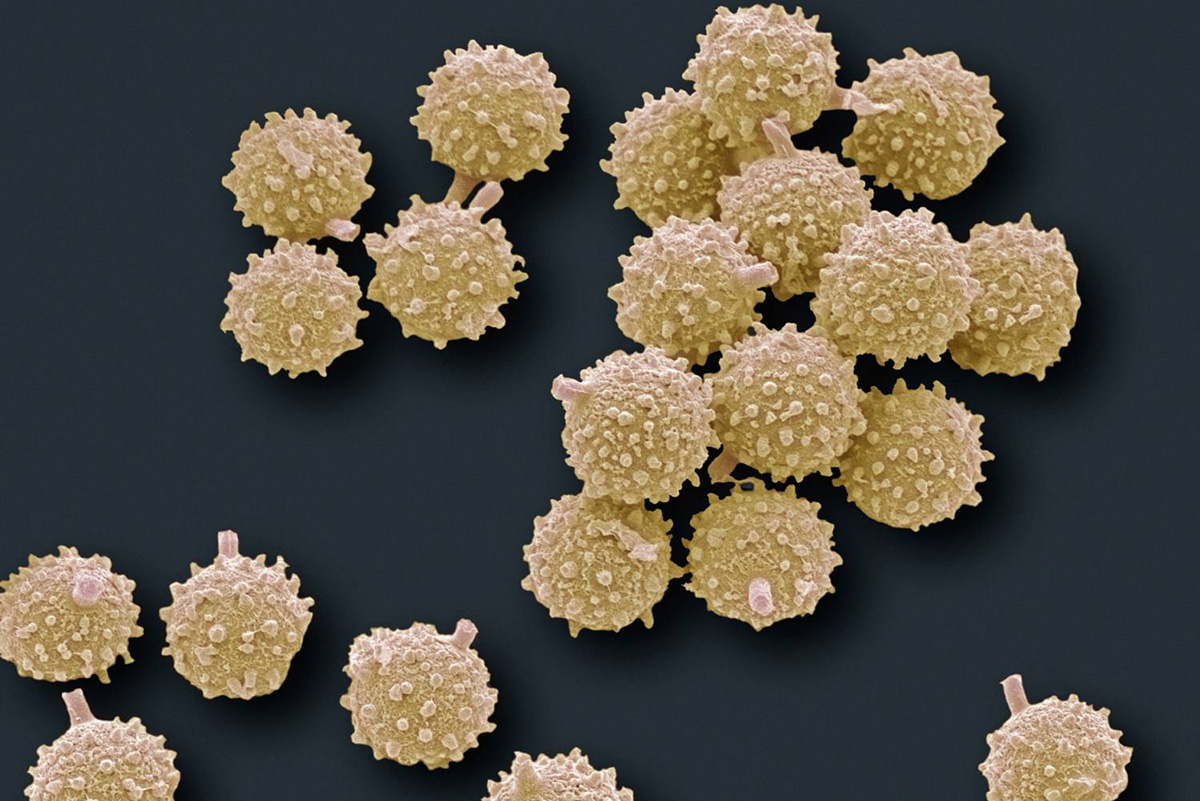
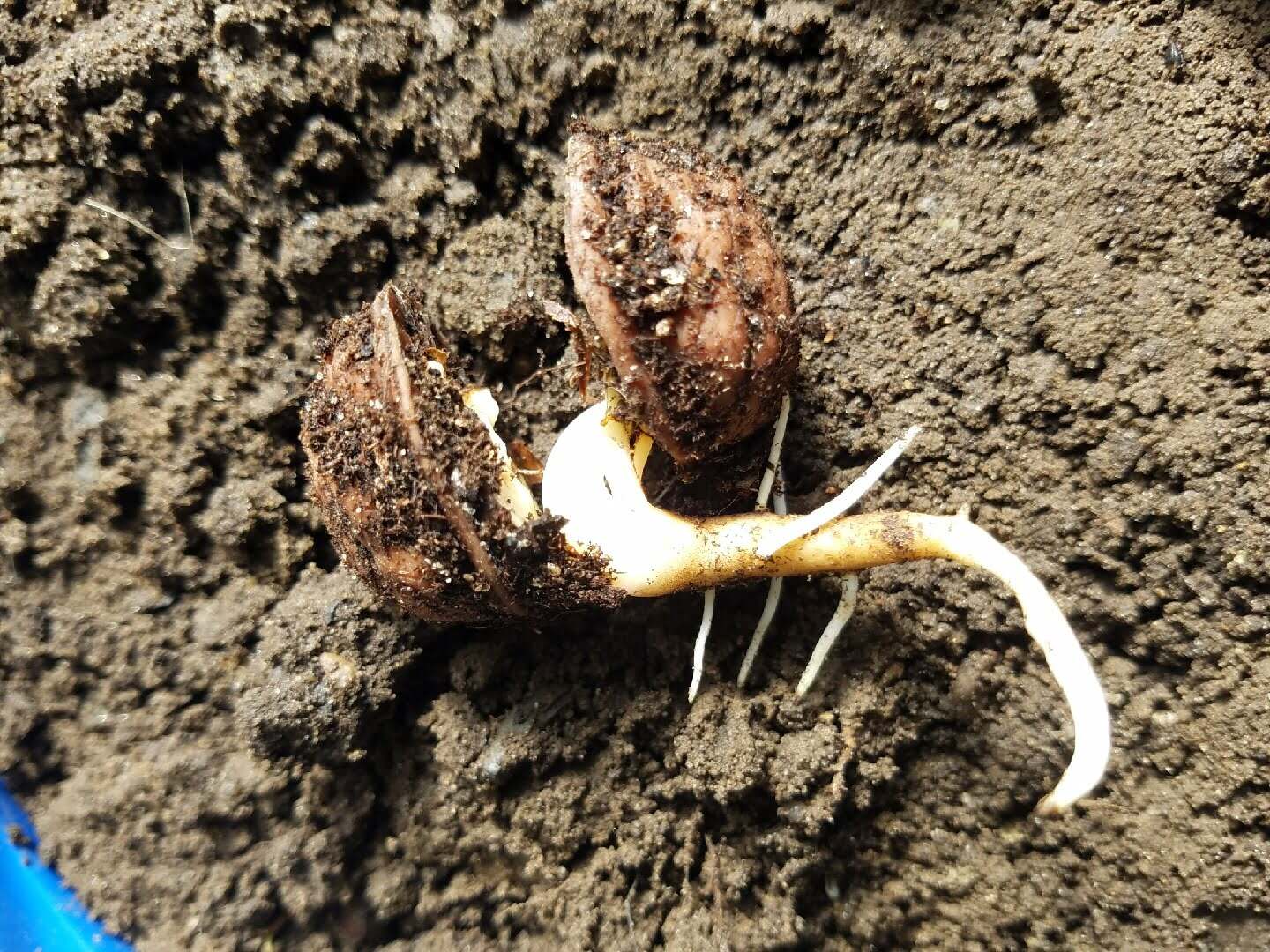
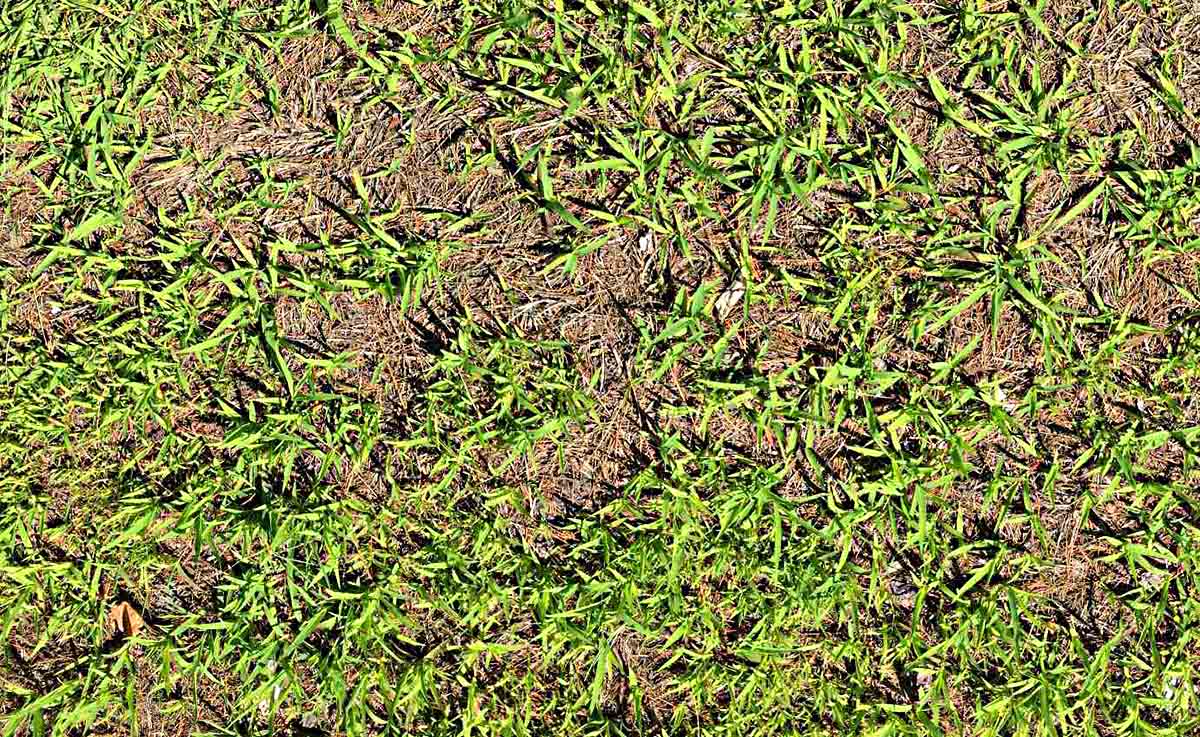
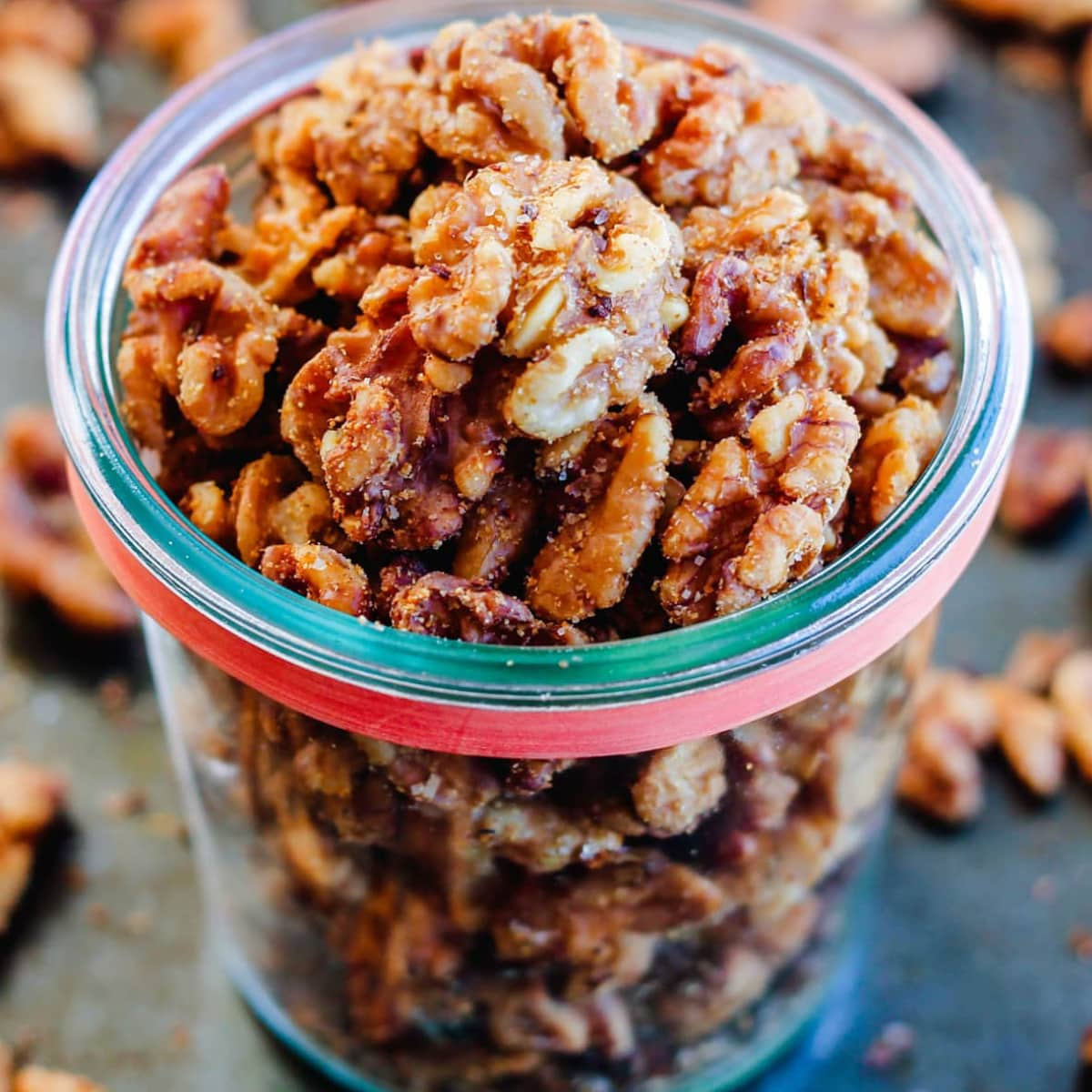
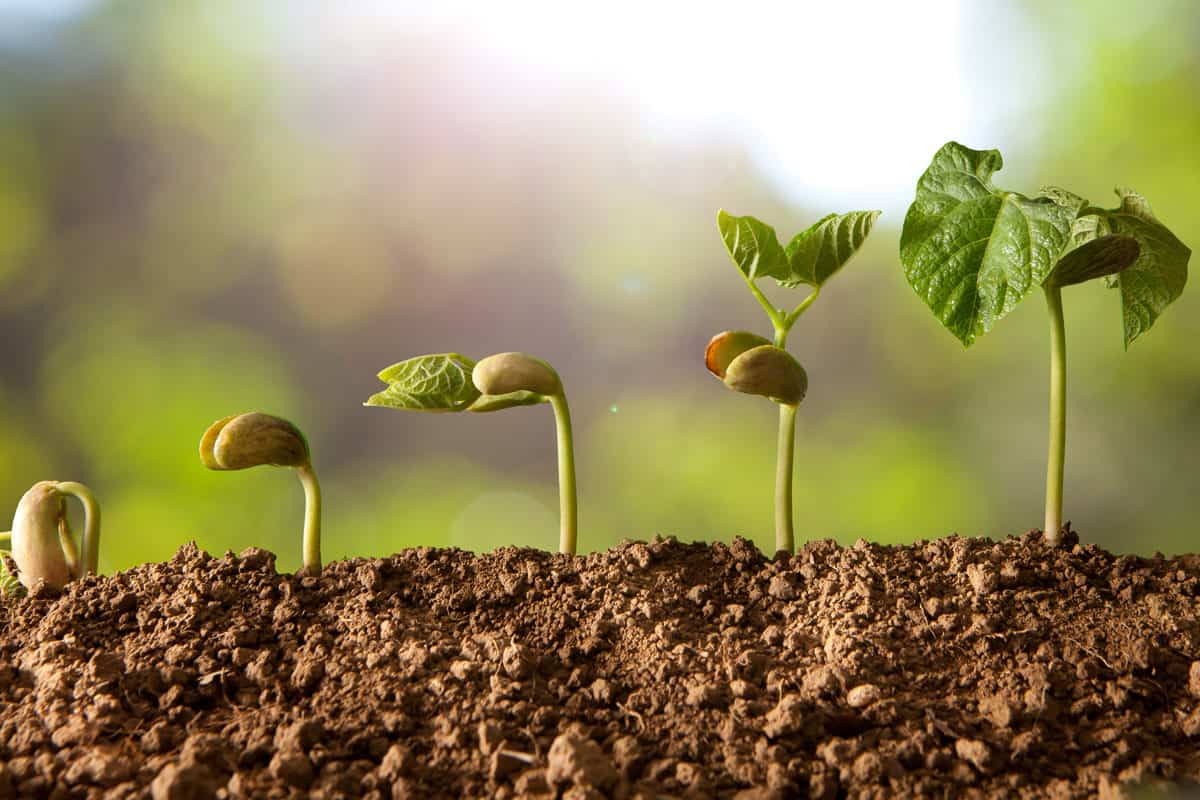
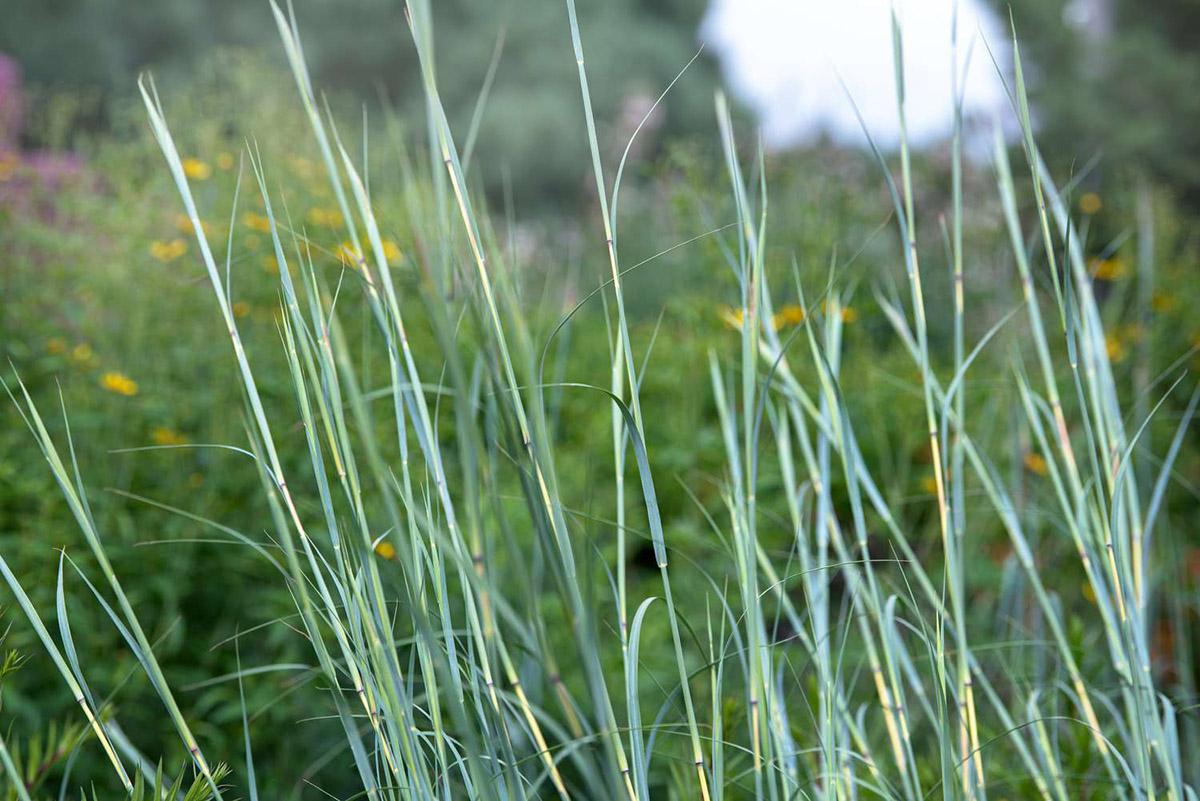
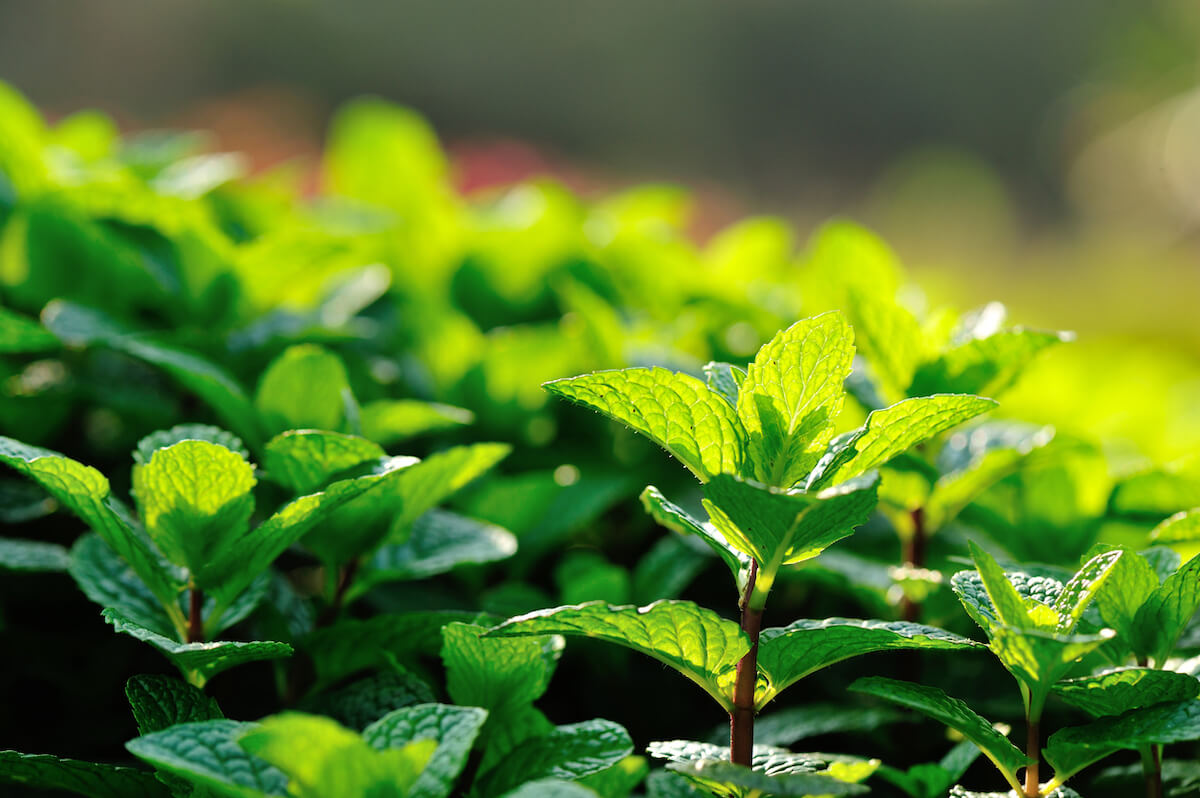
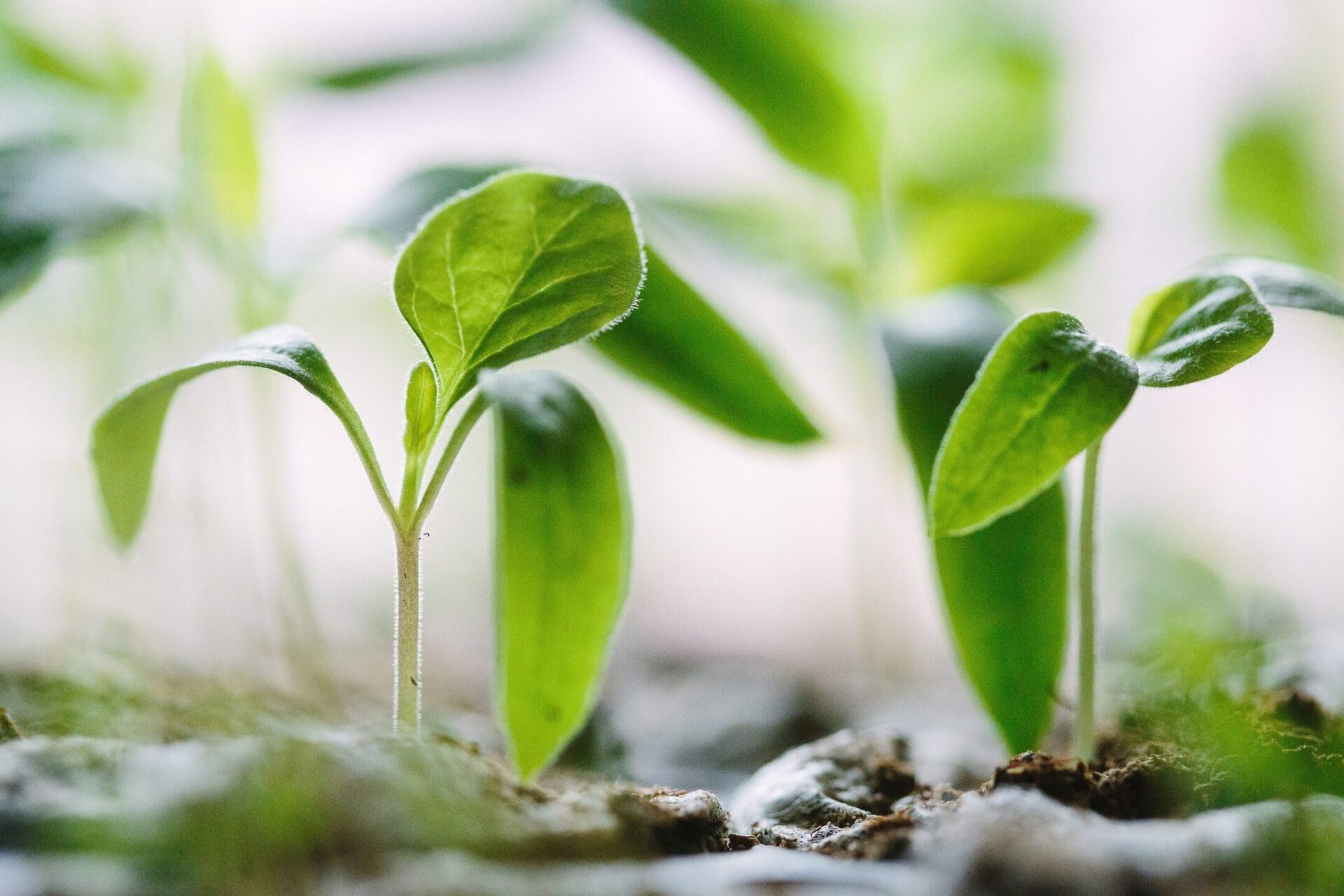

0 thoughts on “When Do Black Walnuts Germinate”